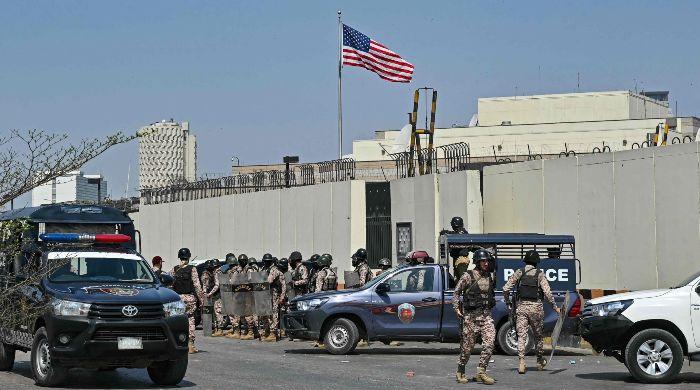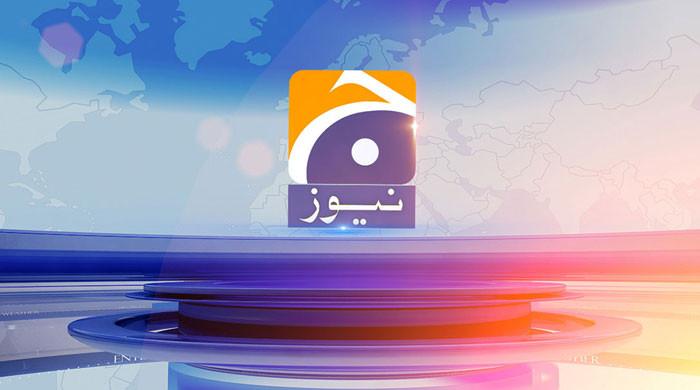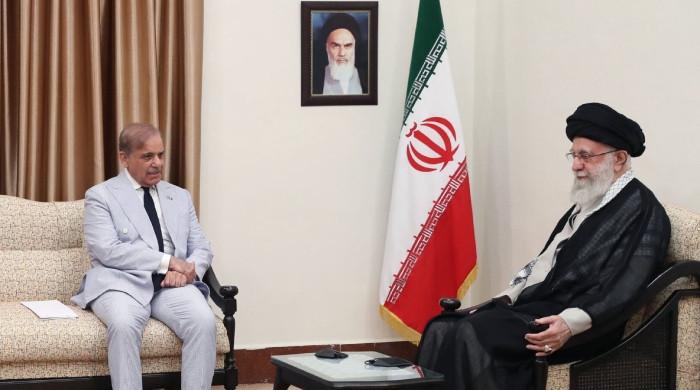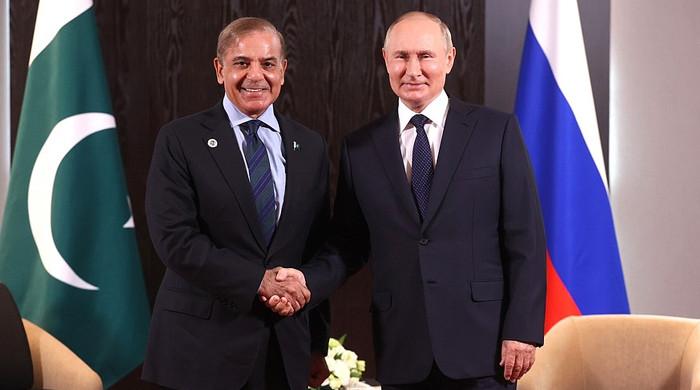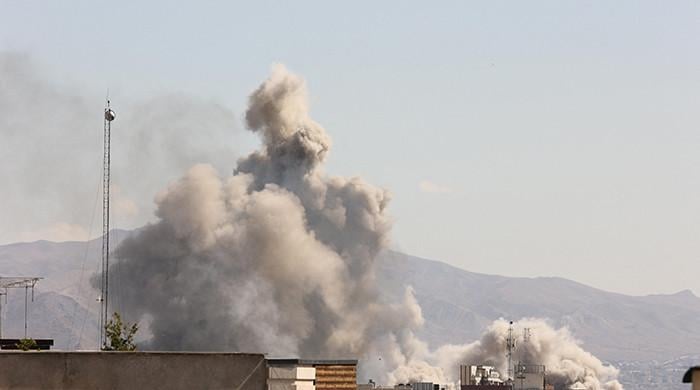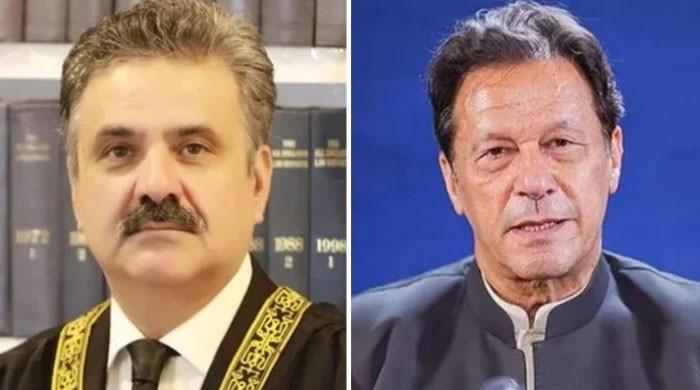US sanctions: Pakistan rubbishes 'political use' of export control
Islamabad is not aware of the specifics of the latest measures by Washington, says FO
April 20, 2024
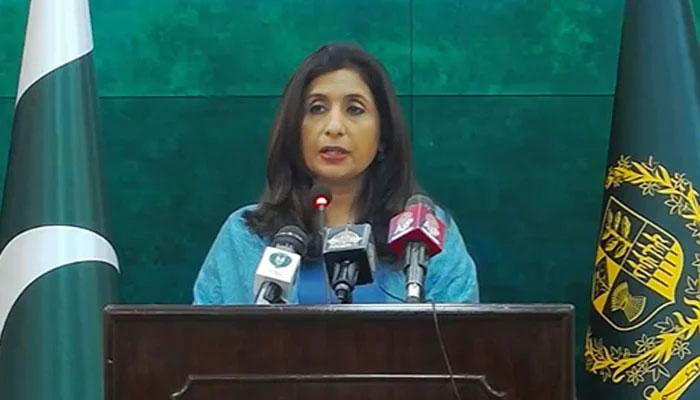
- Pakistan ready to discuss end-use, end-user verification mechanisms: FO
- Says such items have legitimate civil commercial uses.
- "Double standards undermining credibility of non-proliferation regimes."
Following the US decision to impose sanctions against commercial entities allegedly having links to Pakistan’s ballistic missile programme, the Foreign Office (FO) on Saturday rejected the “political use” of export control.
Addressing a press briefing, FO spokesperson Mumtaz Zahra Baloch said: “Such listings of commercial entities have taken place in the past as well on allegations of links to Pakistan's ballistic missile programme without sharing any evidence whatsoever.”
She said that Islamabad was not aware of the specifics of the latest measures by the US, adding that in the past they have come across many instances where listings have been made on mere suspicion or even when the involved items were not under any control lists but were deemed sensitive under catch-all provisions.
The spokesperson said that Islamabad had pointed out many times that such items have legitimate civil commercial uses. “It is, therefore, important to avoid arbitrary application of export controls.”
She said there is a need for discussions between relevant parties for an objective mechanism to ensure access to technology in pursuit of socio-economic development.
“Pakistan has always been ready to discuss end-use and end-user verification mechanisms so that legitimate commercial users are not hurt by discriminatory application of export controls.”
Baloch further said, “It is a reality that the same jurisdictions, which claim to exercise strict non-proliferation controls, have waived off licensing requirements for advanced military technologies for some countries. This is leading to arms buildup; accentuating regional asymmetries, and undermining the objectives of non-proliferation, and regional and global peace and security.”
Islamabad, she said, had pointed out many times the need to avoid arbitrary application of export controls and for discussions between concerned parties for an objective mechanism to avoid erroneous sanctions on the technology needed purely for socio-economic development pursuits.
“Pakistan has been ready to discuss end-use and end-user verification mechanisms so that legitimate commercial users are not hurt by discriminatory application of export controls.”
She said that it is well known that the same jurisdictions, which claim strict adherence to non-proliferation controls, have waived off licensing requirements for advanced military technologies for some countries.
“Such discriminatory approaches and double standards are undermining the credibility of non-proliferation regimes and also the objectives of regional and global peace and security by accentuating military asymmetries,” she added.
It is pertinent to mention here that the US State Department on Friday announced sanctions against three Chinese companies and one Belarus-based firm for reportedly supplying items to Pakistan’s ballistic missile programme.





